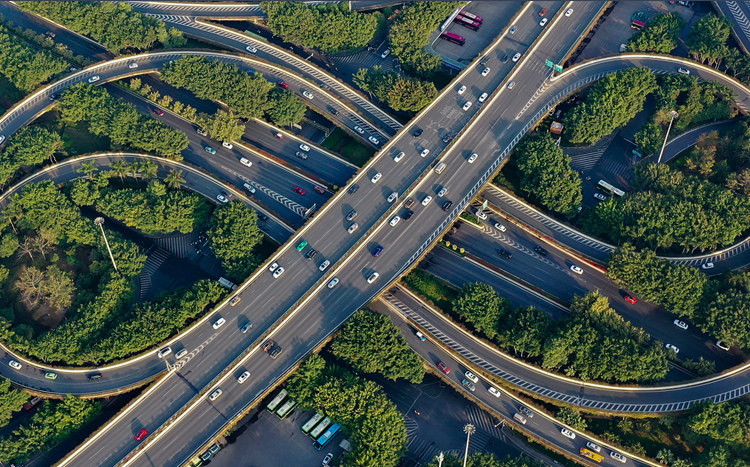Liuzhou looks for support for regional scientific innovation center transformation
Wu Wei, secretary of the CPC Liuzhou Municipal Committee and a deputy to the National People's Congress, has suggested that Liuzhou should get support in becoming a regional center for international scientific innovation and a national manufacturing center.
The strategy would increase Guangxi's advantages facing ASEAN in scientific innovation and upgrade Liuzhou's capabilities in terms of independent innovation, added Wu.
Liuzhou has a solid foundation in manufacturing and its industrial output value accounts for nearly a quarter of Guangxi's total.
Apart from three pillar industries - namely automobiles, steel and machinery - Liuzhou has also clustered a batch of emerging industries, such as the new generation of electronic information, new energy vehicles, intelligent rail transit, smart power grids, smart home appliances, and robotics, as well as biology and pharmaceuticals, which together make up more than 17 percent of Liuzhou's overall industrial proportion.
Liuzhou's industrial investment achieved an annual growth of 7.2 percent on average during the 13th Five-Year Plan period (2016-20) while its financial investment in science and technology increased by 14.5 percent annually.
The city has been pushing forward the transformation and upgrading of traditional industries in recent years. The research and development capabilities of its automobile industry were further increased with an annual production of 1.87 million units in 2020, and the headquarters of Liuzhou Steel Group saw its steel production exceed 17 million metric tons.
The number of industrial companies in Liuzhou with an annual revenue of more than 20 million yuan ($3 million) surpassed 1,000 by 2020.
Currently, Liuzhou is home to 91 technical centers, 19 demonstration companies for technical innovation and 25 industrial design centers at or above the autonomous regional level, ranking top in the region in terms of the total number of technical innovation platforms.
In addition, Liuzhou is also the first demonstration city for the industrial internet in the region and owns more than 7,000 industrial robots.
Wu said that Liuzhou is now in full swing in terms of promoting the high-quality development of its industries and the construction of a modern manufacturing city in the next three years. It is expected that the city's total industrial output value will reach 800 billion yuan by 2023 and will exceed 1 trillion yuan by 2025.
Liuzhou has mapped out plans to cultivate four industrial clusters with an output value of over 100 billion yuan, and three with an output of over 50 billion yuan.

















